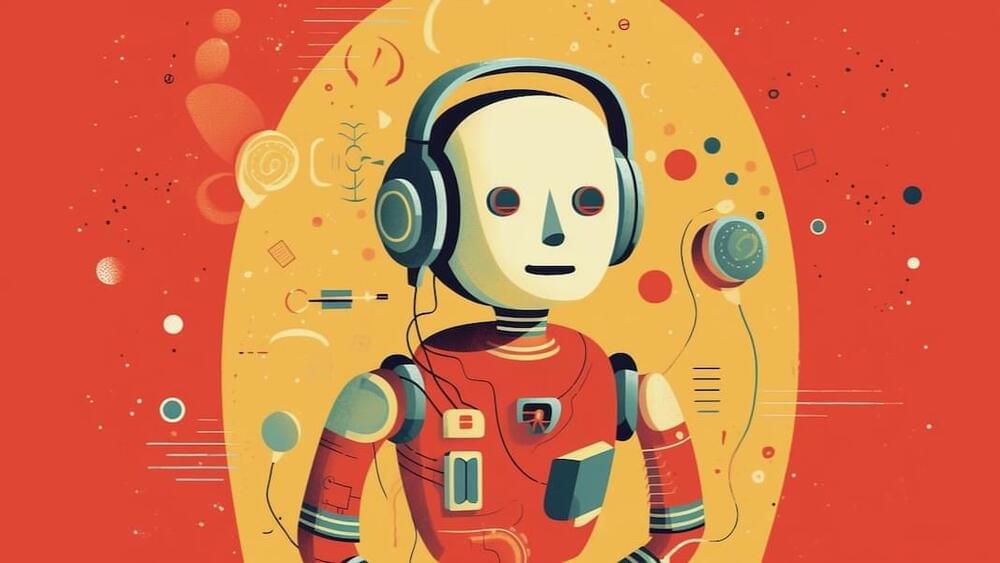When I’m asked to check a box to confirm I’m not a robot, I don’t give it a second thought—of course I’m not a robot. On the other hand, when my email client suggests a word or phrase to complete my sentence, or when my phone guesses the next word I’m about to text, I start to doubt myself. Is that what I meant to say? Would it have occurred to me if the application hadn’t suggested it? Am I part robot? These large language models have been trained on massive amounts of “natural” human language. Does this make the robots part human?
AI chatbots are new, but public debates over language change are not. As a linguistic anthropologist, I find human reactions to ChatGPT the most interesting thing about it. Looking carefully at such reactions reveals the beliefs about language underlying people’s ambivalent, uneasy, still-evolving relationship with AI interlocutors.
ChatGPT and the like hold up a mirror to human language. Humans are both highly original and unoriginal when it comes to language. Chatbots reflect this, revealing tendencies and patterns that are already present in interactions with other humans.
